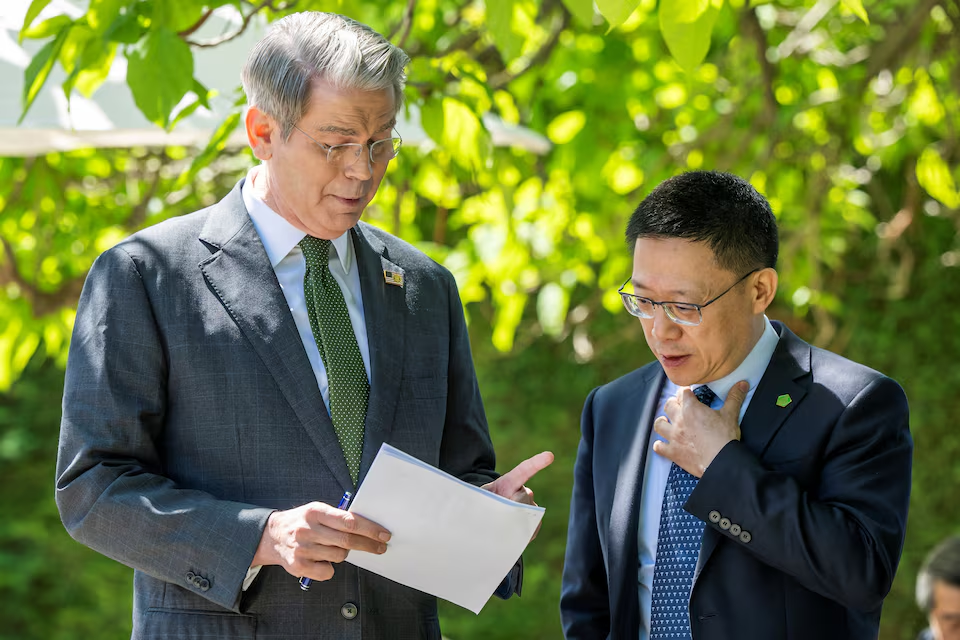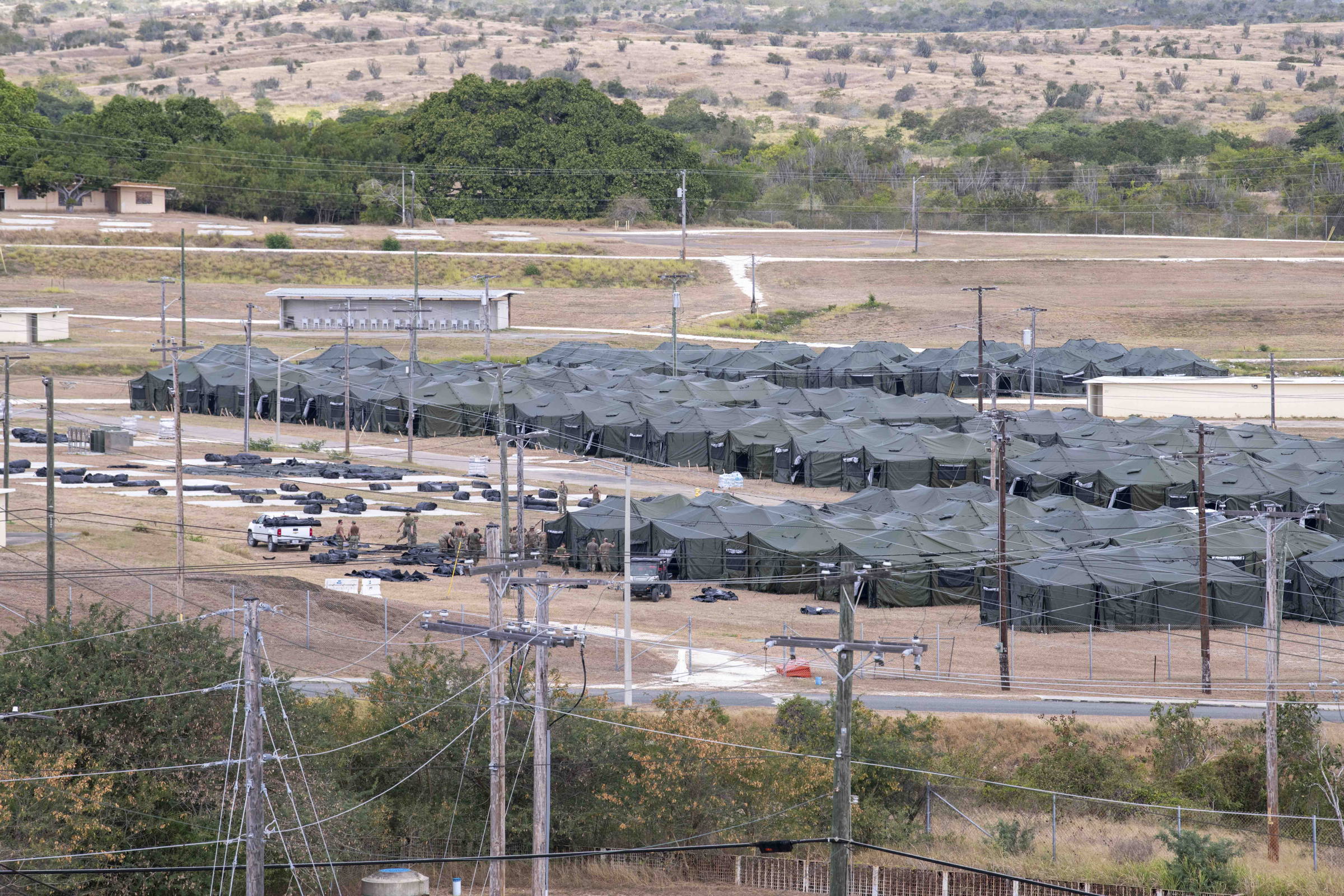In a dramatic shift in U.S. foreign policy, a senior American envoy met with Syria’s transitional president in Istanbul over the weekend, just days after former President Donald Trump announced the lifting of certain sanctions on Syria—a move that has stirred controversy in Washington and beyond.
The meeting, which took place behind closed doors, marked the first official contact between U.S. officials and the transitional Syrian leadership recognized by several Western and regional states as a viable alternative to President Bashar al-Assad. The transitional president, whose name has not been officially disclosed due to security concerns, is reported to be leading a coalition-backed interim authority with administrative control in parts of northwestern Syria.
According to sources cited by Watan Serb, the talks focused on economic stabilization, reconstruction aid, and military de-escalation, particularly in areas under Turkish-backed Syrian opposition control. The U.S. delegation was said to include representatives from the State Department, USAID, and Pentagon liaison officers.
This high-level engagement follows Trump’s surprise executive order earlier in the week easing select economic sanctions on Syria, specifically those targeting private sector trade and humanitarian relief operations. The move has been condemned by many U.S. lawmakers and human rights groups, who fear it may weaken pressure on the Assad regime and embolden allies such as Russia and Iran.
A State Department spokesperson confirmed the Istanbul meeting but stressed that the U.S. continues to oppose the Assad government. “Our engagement is solely with representatives of the Syrian people who support a peaceful and democratic transition,” the official said.
Trump, speaking at a rally in Texas, defended his decision, calling it “a necessary first step toward ending endless war and rebuilding what’s been destroyed.” He added, “We’re not siding with Assad—we’re giving Syria’s people a chance to stand up without foreign interference.”
Critics, however, argue that lifting sanctions may legitimize power-sharing arrangements that exclude accountability for war crimes. Democratic Senator Chris Murphy called the move “reckless and shortsighted,” warning it could undermine international leverage in future peace negotiations.
Turkey, which hosts both opposition leaders and millions of Syrian refugees, welcomed the meeting. Ankara sees the recognition of a transitional Syrian authority as a diplomatic victory and a pathway toward regional normalization and border stability.
Analysts suggest the U.S. may now be testing a dual-track policy in Syria—pressuring the Assad regime while supporting alternative governance models in liberated areas. Whether this approach leads to a lasting political solution remains uncertain.
For now, the Istanbul meeting represents a symbolic milestone in the evolving U.S. posture toward Syria—one that could redefine engagement strategies in a war-torn country long caught in the crossfire of global power politics.
Source: Watan Serb



